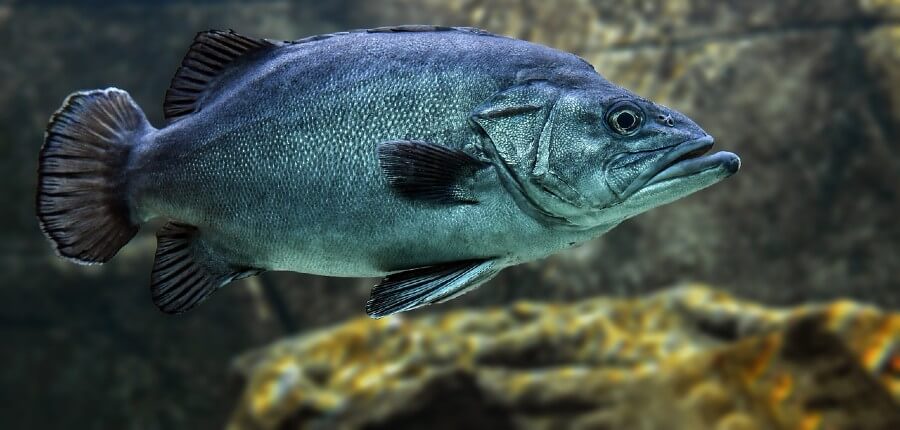Tired of being stuck at home and unable to attend live sporting and other events, some Americans are getting hooked on a new hobby: fishing. Sales of fishing licenses and gear have spiked as the novel coronavirus drags on, and a recent survey found that one in five people say they are more likely to go fishing now than they were before the pandemic started.
This may be welcome news for sporting goods stores, but it’s no reason to cheer. Fish are highly intelligent, self-aware animals who can feel pain, and disregarding their suffering just because we’re bored and want a diversion is speciesism at its worst.
In a study published in the journal Animal Cognition, biologist Culum Brown, an associate professor at Macquarie University in Sydney, Australia, presented evidence that fish have excellent long-term memories, can use tools, live in complex social groups, cooperate with and learn from one another, and even develop cultural traditions.
Fish form emotional attachments and become depressed when they lose their mates. They can count and tell time, think ahead and vocally communicate with one another. Catfish warn each other about predators by making squeaking sounds (which we can hear only with special equipment). Pearlfish use oyster shells as speakers to help amplify the volume of their messages.
Fish play and have been observed riding bubble streams for fun, rearranging the plants and toys in their dull aquariums and even playing ball.
As PETA President Ingrid Newkirk writes in her new book, Animalkind, fish—like apes and orcas—can also recognize themselves in a mirror, a classic test of self-awareness. Researchers from Osaka City University in Japan recorded tiny cleaner wrasses, a type of coral reef fish, attempting to scrape off marks that had been placed on their throats or heads while they looked at their own reflections.
One of the most persistent and specious myths about fish is that they can’t feel pain—and, therefore, that it’s not cruel to catch them with hooks and let them suffocate on land. But they do, just as other vertebrates do.
Dr. Brown argues that “it would be impossible for fish to survive as the cognitively and behaviorally complex animals they are without a capacity to feel pain.”
Fish have neurons called nociceptors that detect potential harm, and like mammals, they produce opioids that relieve suffering. Why would they need to do that if they didn’t feel pain? When fish are exposed to painful stimuli, regions of their brain crucial for conscious sensory perceptions “light up,” and they show signs of fear and wariness. Watching fish struggle and gasp for breath after yanking them out of their underwater homes should be all the evidence anglers need that they’re in distress.
Fortunately, pandemic participants aside, many anglers are starting to have second thoughts about their pastime. Science writer David Quammen has said, “I’ve had more and more trouble with catch-and-release fishing as time goes on. . . . I’ve concluded that it’s speciesist to tell ourselves that it’s a game to the fish. It’s deadly mortal serious to them. These animals were hysterically fighting for survival.”
Eventually, this pandemic will end and hopefully our lives will go back to some semblance of normalcy. But the new normal shouldn’t include perpetuating archaic attitudes about our fellow animals. Fish are sentient beings who deserve to live free from unnecessary pain and suffering. The very least we can do is stop causing them harm for “fun.”





